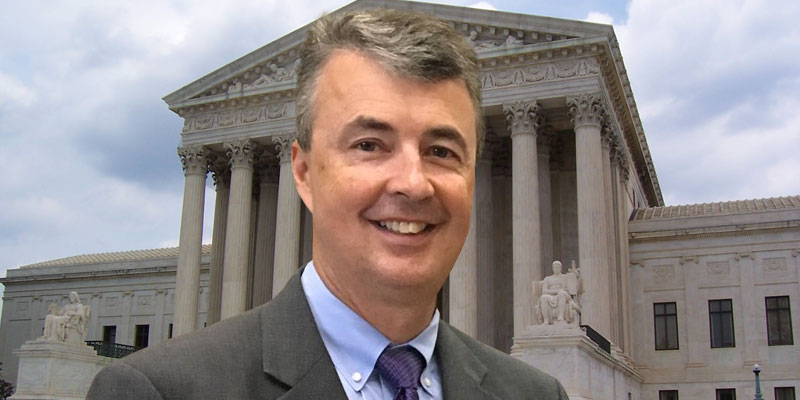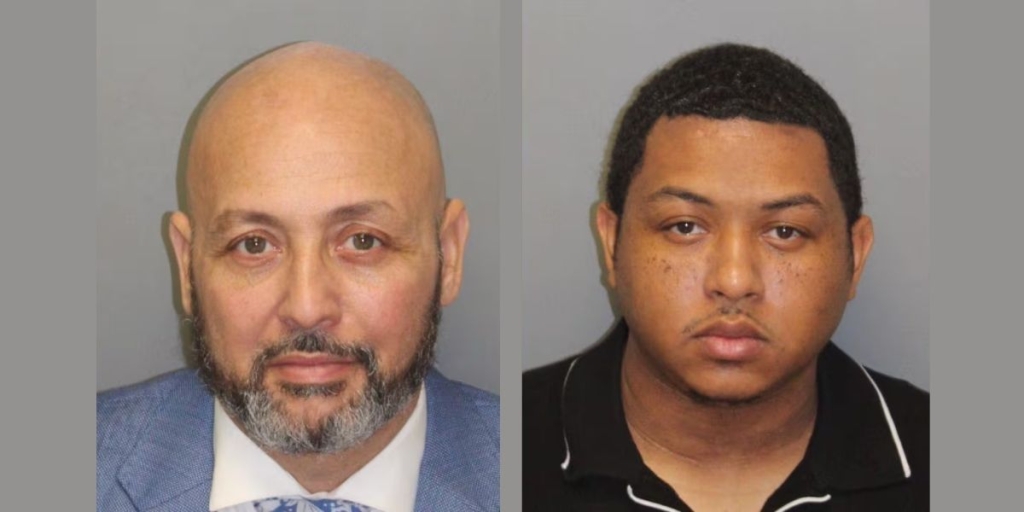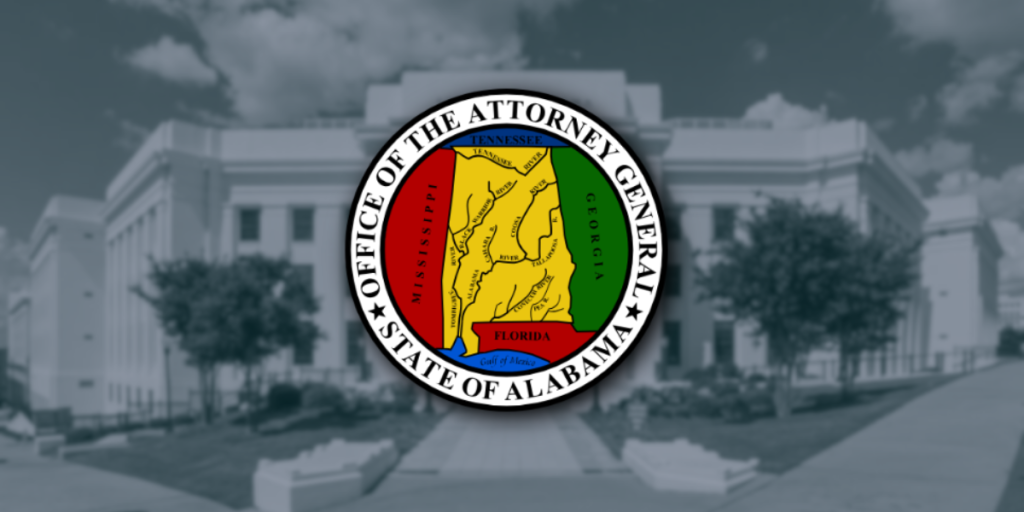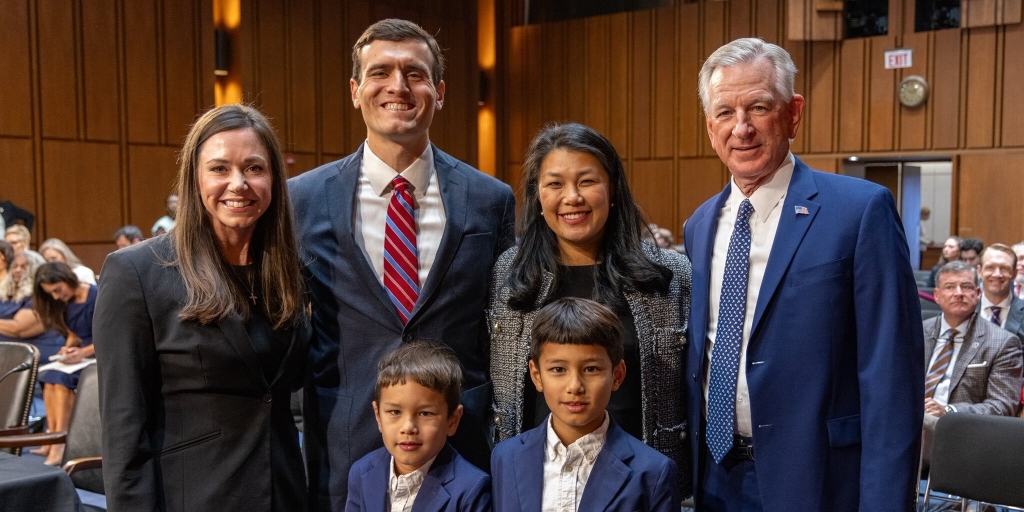Alabama Attorney General Steve Marshall on Monday announced he has joined nine other attorneys general in filing an amicus brief in support of two lawsuits asking the Supreme Court of the United States to review the constitutionality of the Pennsylvania Supreme Court’s decision to extend the statutory deadline for mail-in ballots in that state.
The amicus brief was filed by the State of Missouri and joined by the States of Alabama, Arkansas, Florida, Kentucky, Louisiana, Mississippi, South Carolina, South Dakota and Texas in support of Republican Party of Pennsylvania v. Boockvar, and Scarnati v. Boockvar.
“Judges are supposed to be servants of the law, not the makers of it,” Marshall, a Republican, said in a statement. “Those sitting on the Pennsylvania Supreme Court apparently think different, handing down an eleventh-hour decree that contravened our constitutional order and invited possible fraud. This cannot stand.”
The brief comes as President Donald J. Trump and his campaign team fights a legal battle that they say will still result in his reelection. National media outlets, including the Associated Press, have called the race in favor of the Democratic presidential ticket of Joe Biden and Kamala Harris.
“Presidential Elections are over when the votes are certified, and the Electoral College meets, and only then,” Congressman Robert Aderholt (AL-04) stated over the weekend. “President Trump has every right to legally challenge any state results and to seek a recount where appropriate.”
On Monday, Marshall stressed that the issues addressed by the amicus brief are of national concern.
“I join my fellow attorneys general in calling upon the Supreme Court to rule on the decision by the Pennsylvania Supreme Court to rewrite state law by arbitrarily extending the deadline for Pennsylvania’s mail-in voting and ordering that ballots showing up after Election Day with no postmark be assumed to have been mailed before Election Day,” Alabama’s attorney general outlined. “The court’s action defied state law, ignored the constitutional command that legislatures—not judges—set the manner of presidential elections, and made Pennsylvania’s election less secure.”
He continued, “The result of this illegal action is the creation of opportunities for fraud, especially given the susceptibility of mail-in ballots to fraud. The Pennsylvania Supreme Court’s decision creates a clear opportunity for fraud by both extending the deadline for ballot receipt and ordering that ballot counters presume that ballots without any postmark were sent by Election Day. This is not just an issue of importance to the state of Pennsylvania, but for the entire country. Election laws should not be changed by judges on the eve of an election, and certainly not in a way that opens the door to potential fraud.”
The amicus brief explains both the alleged constitutional problems with the Pennsylvania Supreme Court’s decision and its troubling, practical consequences.
“The Pennsylvania Supreme Court’s decision overstepped its constitutional responsibility, encroached on the authority of the Pennsylvania legislature, and violated the plain language of the Election Clauses,” Marshall decried.
“Worse still, the decision exacerbated the risk for mail-in ballot fraud by permitting mail-in ballots that are not postmarked or have no legible postmark to be received and counted several days after the election. The decision provided a window of time after Election Day, when the preliminary results were announced, in which unscrupulous actors could attempt to influence a close Presidential election in Pennsylvania and elsewhere. And it enhanced the opportunities for fraud by requiring boards of elections to count late-received ballots even if there is no evidence that those ballots were case before Election Day, because they have no legible postmark,” he concluded.
Sean Ross is the editor of Yellowhammer News. You can follow him on Twitter @sean_yhn













